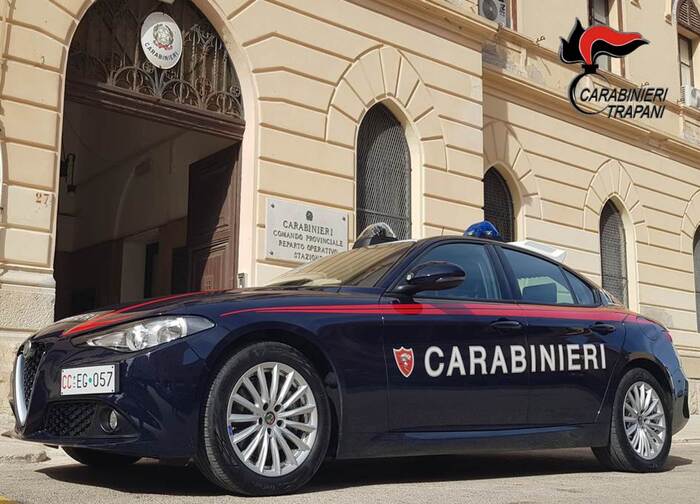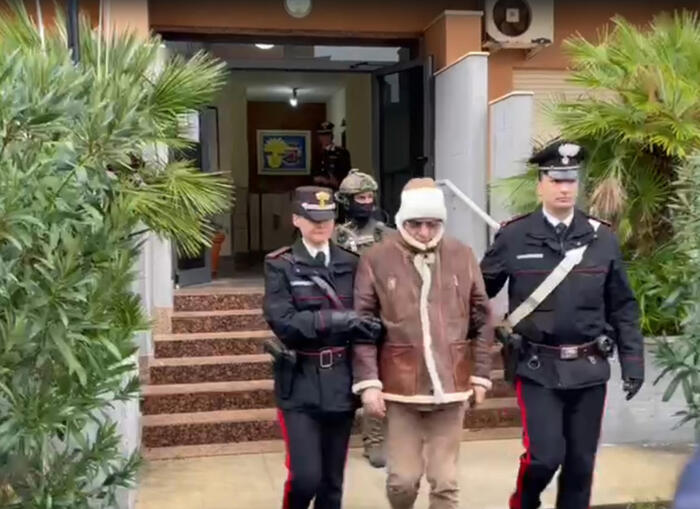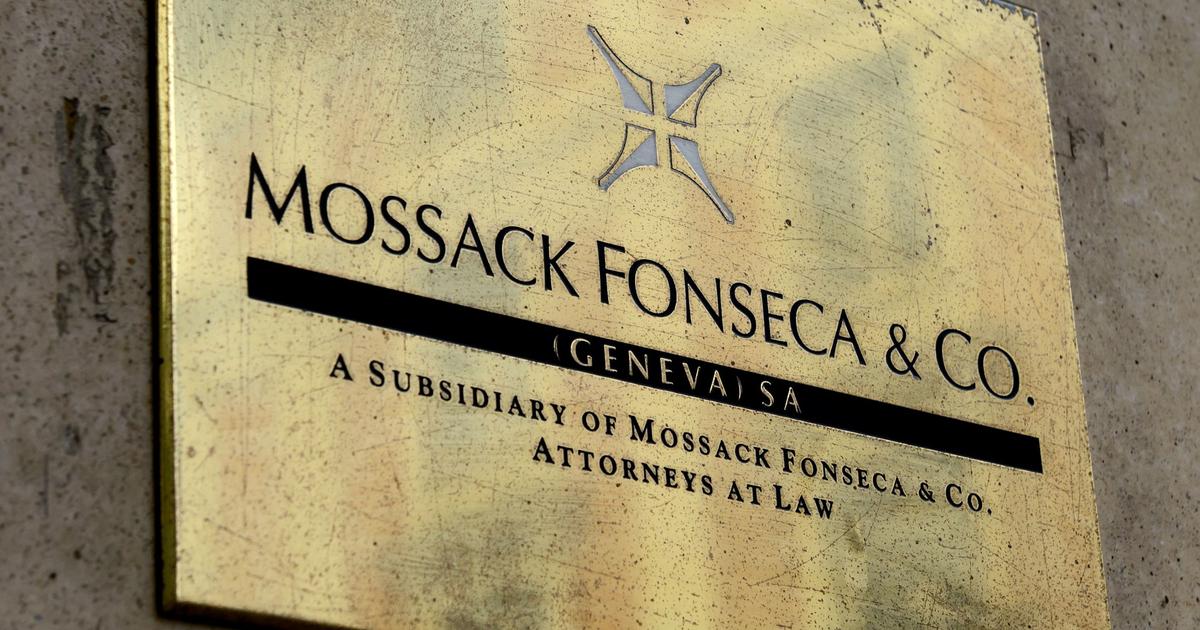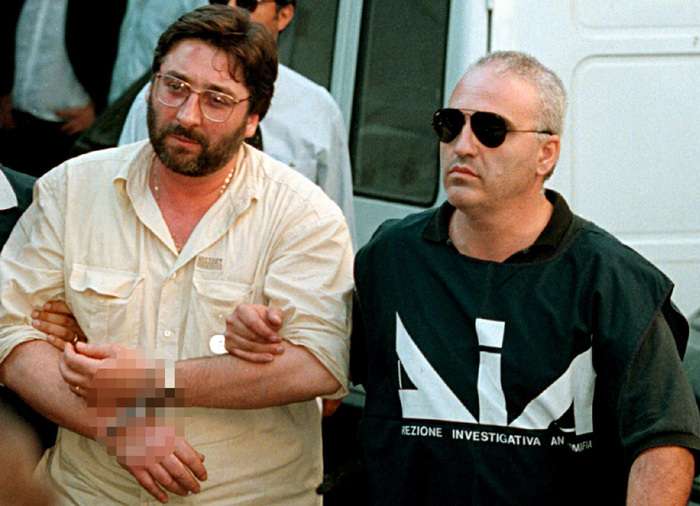Enlarge image
Superyacht "Amadea" owned by a sanctioned Russian oligarch in San Diego Bay, California
Photo: Gregory Bull / picture alliance/dpa/AP
When it comes to combating money laundering in Germany, there is a wide gap between perception and reality.
The misconception is that law and order prevail in this country.
In fact, the Federal Republic has a structural problem with financial crime.
The international anti-money laundering organization Financial Action Task Force (FATF) recently found that Germany is doing far too little to combat money laundering and the financing of terrorism.
Instead of fighting criminals, German officials are fighting against staff shortages and unclear responsibilities.
The private sector is poorly monitored, and authorities often do not pass on information.
Above all, information on the beneficial owners of assets is missing.
Attempts to impose sanctions on Russian oligarchs are showing how difficult it is to identify suspicious assets and their owners.
While Italy, France and Belgium quickly reported initial successes in confiscating yachts and private villas, another plane belonging to the already sanctioned oligarch Alisher Usmanow took off in Munich.
Because it was unclear whether the plane really belonged to him, the responsible authorities did nothing at first.
But even the successes of our neighboring countries in freezing sanctioned assets are ultimately symbolic in nature, as they account for only a small part of the wealth of the oligarchs.
Most of their money is in corporate investments, stocks and rented properties that generate lucrative returns.
And here the whole of Europe is groping in the dark.
Because the oligarchs hide their wealth behind complex networks of letterbox companies that span national borders.
This deliberate obfuscation makes it nearly impossible for national authorities to identify the owners behind assets.
This lack of transparency is exploited by oligarchs, but also by the mafia, tax evaders and others with shady deals.
The European police authority Europol estimates that up to 210 billion euros in suspicious financial transactions run through Europe every year.
Because it is so difficult to find out who owns the dirty money, the authorities confiscate only about two percent of it.
The lack of transparency is therefore a fundamental problem and extends far beyond the enforcement of the most recent sanctions.
Things have gotten rolling in the past ten years: banking secrecy has been restricted, and all EU countries are participating in the international exchange of information about bank accounts.
Domestic companies must disclose their owners in national transparency registers.
In response to the problems with freezing the wealth of Russian oligarchs in Germany, the Bundestag hastily passed a "Sanctions Enforcement Act" at the end of May.
But it still hooks back and forth.
In Germany and many other EU countries there are still analogue land registers, but no centrally accessible digital real estate register.
Information on the real owners of securities and luxury goods is not available to the authorities.
The national transparency registers for companies do not deserve their name: instead of the real owners, there are often straw people.
In Germany, the responsible federal administration office was also not able to check the entries for a long time due to a lack of staff.
None of this speaks of law and order.
This wealth opacity is dangerous.
It is the soil on which corruption, money laundering and tax evasion thrive.
In doing so, it weakens our community, undermines social peace and even harms the environment.
Tax evasion costs EU member states more than 100 billion euros annually.
Mafiosi invest their dirty money from drug smuggling or arms dealing in lucrative real estate and thus increase the price pressure in German inner cities.
And according to Interpol, terrorist groups around the world make profits from environmental crimes such as the illegal disposal of toxic waste or the deforestation of primeval forests.
We can no longer stand idly by and watch.
The Member States of the European Union urgently need to put the spotlight on illicit financial flows and lay the foundations for a European wealth register.
Because criminals conceal their assets across borders.
Only by accessing relevant data can investigators counteract this.
Concerns about the "transparent citizen" must not be neglected, so data protection must be guaranteed when setting up and using the register.
As a first step, the EU member states should bring their national transparency registers for companies into shape, set up central real estate registers and network these registers across countries.
In a second step, the owners of other forms of wealth should be recorded.
This includes stocks and bonds, cryptocurrencies, yachts and luxury goods of a certain value.
Because as long as financial transparency does not include all types of assets that pose a significant risk of money laundering, criminals can continue to hide.
The EU Parliament recently proposed such a European register.
The federal government should support these proposals and, at the same time, press ahead with corresponding reforms at home.
It must therefore follow up with a second sanctions enforcement law.
This must create the basis for a comprehensive national register of assets, meet the highest data protection standards and fundamentally overhaul the German anti-money laundering infrastructure.
A turning point is also needed in the fight against financial crime so that light can finally be shed on the dark business.









